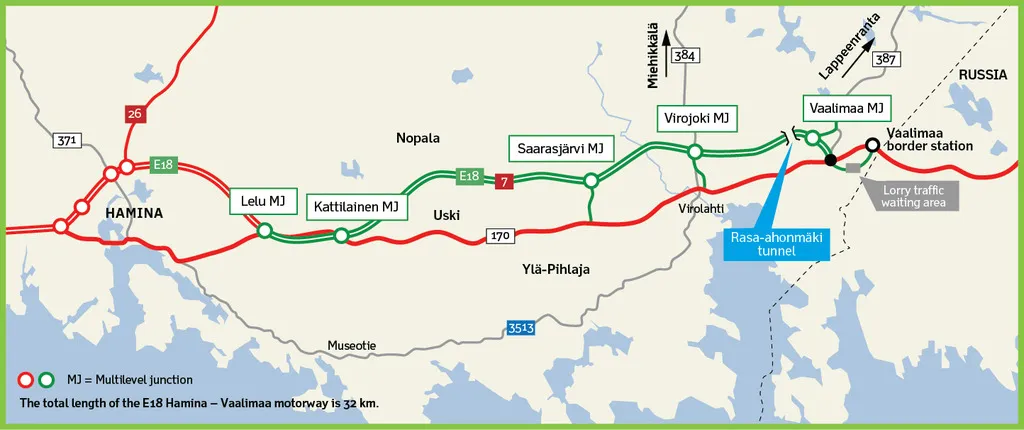Two key highway projects in Italy are exhibiting good progress at present. Construction work on the new Brescia-Milan highway link is now more than 50% complete. The bridges crossing the Serio, Adda and Oglio rivers are 84% complete, while the underpasses and drainage is 49% ready. Service stations, surveying and foundation work is 40% complete while the remaining operations are progressing. Italian road construction firm Brebemi believes that the highway be will be complete and open to traffic by 31 Decemb
December 17, 2012
Read time: 2 mins
Two key highway projects in Italy are exhibiting good progress at present. Construction work on the new Brescia-Milan highway link is now more than 50% complete.
The bridges crossing the Serio, Adda and Oglio rivers are 84% complete, while the underpasses and drainage is 49% ready. Service stations, surveying and foundation work is 40% complete while the remaining operations are progressing. Italian road construction firm Brebemi believes that the highway be will be complete and open to traffic by 31 December 2012. The €2.4 billion financing agreement is being provided by a group of banks is expected to be finalised by November 2012. Meanwhile a loan from the1054 European Investment Bank (EIB) worth €500 million has been granted to Italian highway operator 3623 Autostrade per l'Italia (ASPI). The first €250 million tranche of the loan will be used to develop the A1 tolled highway running from Florence-Bologna. The sum will be used for work on the Firenze Nord - Barberino del Mugello stretch of the highway. The A1 is one of Italy's main highways, forming part of the Transeuropean Transport Networks (TENs) Corridor 1.
The bridges crossing the Serio, Adda and Oglio rivers are 84% complete, while the underpasses and drainage is 49% ready. Service stations, surveying and foundation work is 40% complete while the remaining operations are progressing. Italian road construction firm Brebemi believes that the highway be will be complete and open to traffic by 31 December 2012. The €2.4 billion financing agreement is being provided by a group of banks is expected to be finalised by November 2012. Meanwhile a loan from the







